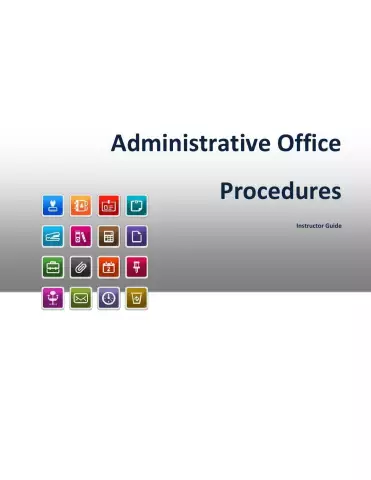Administrative cases and offenses are one of the branches of judicial practice, within the framework of which claims against citizens, government officials and employees are considered.

Within the framework of the administrative procedural category, as in the criminal one, cases are initiated, court decisions are made that can be appealed. Responsibility for offenses is assigned, as a rule, in the form of a fine, appointment of community service, deprivation of the right to carry out a certain type of activity.
What is an administrative case
Administrative cases differ from criminal cases in the severity of the offenses considered within their framework. As a rule, they do not threaten others with significant harm, they are not generally dangerous. In some cases, the line between the two main branches of jurisprudence is blurred. For example, when considering violations of the rules of driving a car or interaction with drugs, the use of alcoholic beverages.
The consequences of committing administrative violations of the law - the punishment for them - is much milder than for criminal offenses. The court is most often limited to the imposition of a fine. Public works or, in rare cases, a real term are assigned for re-bringing to administrative responsibility.
What offenses are administrative
This category of crimes includes those types that do not pose a threat to human life, significant harm to the country or nature. An administrative violation case may be initiated if the considered offense
- violates someone's rights or threatens health, reputation,
- bears damage to public or private property,
- is a financial fraud or fraud,
- violates the procedure for public administration established by law,
- does not correspond to the moral foundations of society (petty hooliganism),
- contradicts the requirements of traffic rules,
- runs counter to military and civic responsibilities.
All administrative offenses are divided into three main groups of offenses - economic, political, social. Determination of the type of crime is possible only after consideration of the case, clarification of all its circumstances.
Procedure for Considering an Administrative Case
Administrative jurisdiction functions according to the principle determined by legislation. All cases are considered only after a thorough investigation of all the circumstances, interviewing witnesses and participants (the plaintiff and the defendant). Meetings are appointed if there are grounds for its holding, which are documented.
The participants in the process are notified in advance so that they have the opportunity to notify the court that they cannot arrive at the appointed time if something prevents them. The circumstances must be compelling.
After the decision of the court on an administrative crime, no matter what punishment was imposed, it can be appealed in accordance with the generally accepted procedure. After the announcement of the decision, the judge is obliged to notify the defendant.






